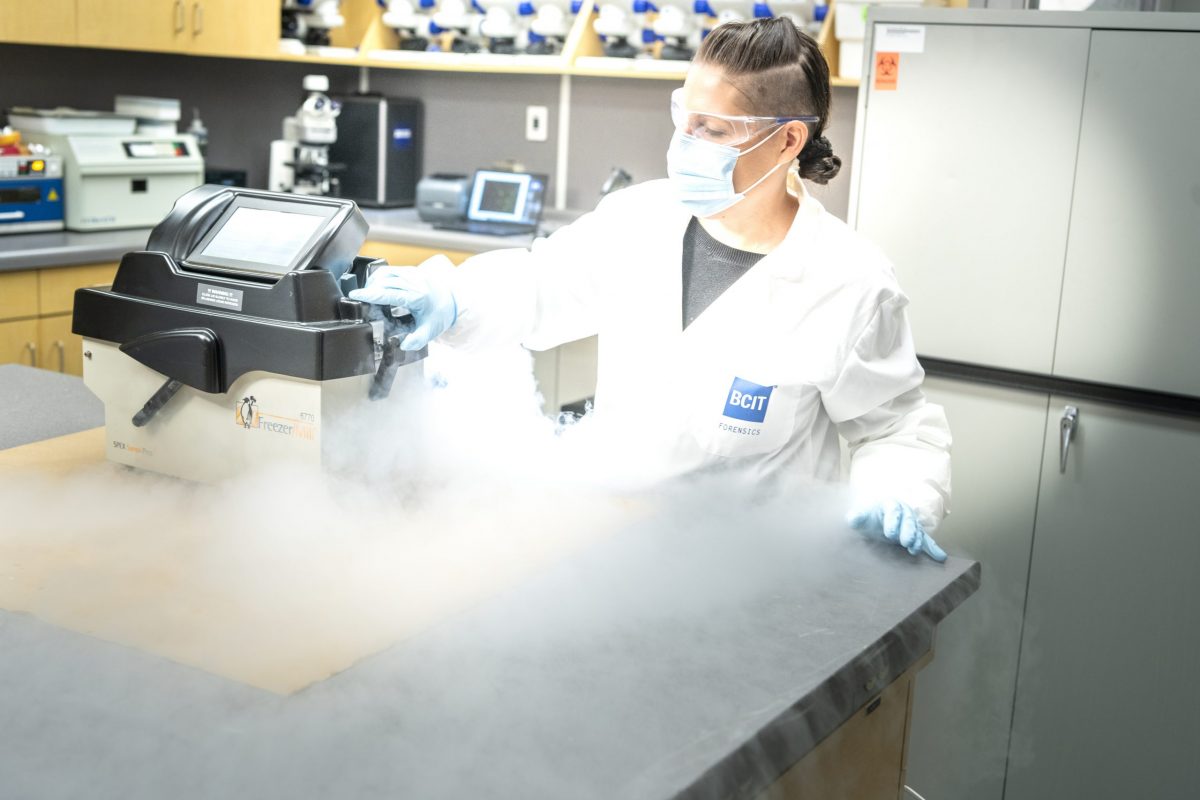
Nearly four decades after the 1983 gruesome murder of two women in Toronto, police have identified and arrested the killer. Police say it was advances in DNA technology that helped solve this cold case.
Genetic genealogy is a new technique used in forensic sciences that creates family history profiles by combining DNA test results with genealogical research. It matches a DNA sample procurred at the crime scene to a DNA database, where suspects are narrowed down going through the family history and drawing familial relationships of the DNA samples.
Dr. Dean Hildebrand, the Dean of the School of Computing and Academic Studies at British Columbia Institute of Technology (BCIT), who has worked in forensics for over 20 years and spearheads the forensics department at BCIT, said the difference between this type of technology and standard forensic techniques is at the end of the process when DNA is analyzed.
Read the full article in Burnaby Now to learn more about how genetic genealogy is used as a new DNA technique to help solve complicated cold cases, such as the one from 1983.
ALSO: Watch Dr. Hildebrand’s interview with CTV National News on using genetic genealogy to help solve cold cases.
About Dr. Dean Hildebrand
Dr. Dean Hildebrand is Dean for the BCIT School of Computing and Academic Studies. Dr. Hildebrand is a recognized forensic DNA expert with a passion for using cutting-edge technologies for humanitarian efforts. For the last 10 years, Dr. Hildebrand has worked with the BC Coroners Service (Special Investigations Unit) as a subject matter expert to develop and now maintain the unidentified remains and missing person DNA database for the province of BC. Dr. Hildebrand founded the nationally-accredited BCIT Forensics DNA Lab in 1999. The BCIT Forensics DNA Lab provides integral support to communities and law enforcement agencies globally. In the past year, more than 250 cases have been solved with support from the Lab.
Have you subscribed? Sign-up to receive the latest news on BCIT.
Interested in working in forensic sciences?
BCIT offers the most comprehensive Forensic Science and Technology programming in Canada, with courses and programs that cover forensic science, crime and intelligence analysis, digital forensics and cybersecurity, and forensic health sciences. Learn more available courses and programs to support you in a career in forensic sciences.
